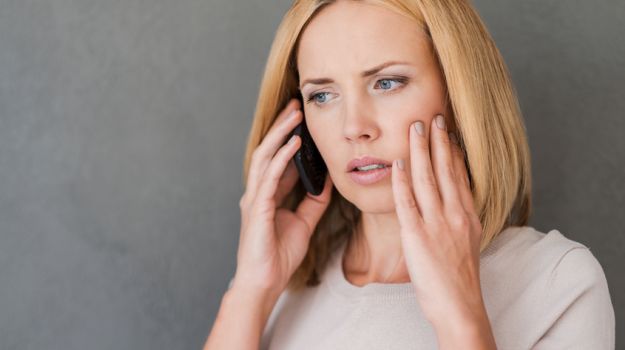
Who doesn’t want a fat pay cheque? After all, for all the hard work you have been putting in for the financial year, you do want rewards for the effort. If you have been wondering how to increase your chances of getting a big raise, chances are you have already found numerous ways to crack it by scrolling through various articles on the internet. There are no dearth of advises on how to increase your pay package. But there is a common perception that your pay cheque has much to do with your look. If you are a good looking employee, the boss maybe in favour of you, or so it seems.
However, a recent study suggests that a fat pay cheque may be influenced by more than just physical attractiveness or the lack of it, dispelling the ‘beauty premium’ theory which says beautiful people earn more while those who are not so gorgeous are paid less.
The findings showed that healthier and more intelligent people and those with more conscientious, more extraverted and less neurotic personality traits are the ones who take fatter pay checks home.
“Physically more attractive workers may earn more, not necessarily because they are more beautiful, but because they are healthier, more intelligent and have better personality traits conducive to higher earnings, such as being more conscientious, more extraverted and less neurotic,” said Satoshi Kanazawa from the London School of Economics and Political Science.

What is the Beauty Premium Theory?
Economists have widely documented the “beauty premium” – or, conversely, the “ugliness penalty” – on wages. Population-based surveys in the US and Canada for instance showed that people who are physically attractive earn more, while those who are aesthetically compromised earn less.
For the study, detailed in the Journal of Business and Psychology, the team analysed a nationally representative sample from a US data set that measured physical attractiveness of all respondents on a five-point scale at four different points in life over 13 years.
The beauty premium theory was dispelled when factors such as health, intelligence, and major personality factors together with other correlates of physical attractiveness were taken into account. The analysis showed that people are not necessarily discriminated against because of their looks.
In addition, the study also offered narrower categories of relative attractiveness, with less attractive participants split into “very unattractive” and “unattractive.”
The differentiation revealed an apparent ugliness premium, with very unattractive people earning more than their merely unattractive peers, the researchers said.
[“source-ndtv”]










